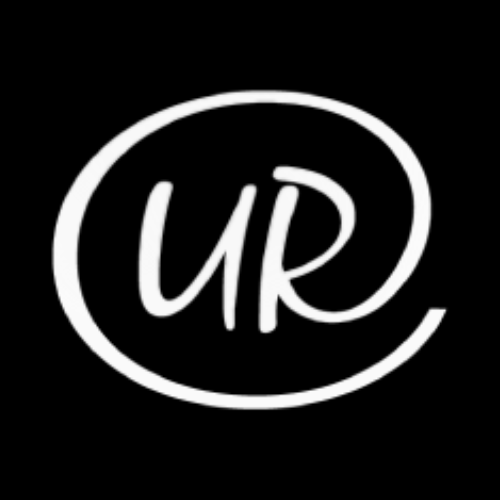Job Search Tips: How To Ask For Interview Feedback
11th November, 2022 5 minutes
Asking for feedback can easily give you the answer to whether a specialist recruiter or prospective employer thinks you’re a good fit for their organisation, but it sometimes can feel daunting to actually do it. Here are our tips on how to do it, when, and how it can help inform any future job search for the better and ensure you best represent yourself to a future employer.
You know the feeling: you have had one eye on the job market (because you’re sure you’re being undervalued and/or underpaid) and you see a role you really want to go for. You have a phone chat and maybe are unsure what the recruiter thinks about your chances, or you do an interview and perhaps felt it was a bit of a one-sided conversation and maybe you could have asked them more. In worst-case scenarios, you make it all the way to the final stage of interviews and just get a generic rejection. A long interview process can leave you feeling dejected about your job search. It doesn’t have to always be like this, however, and we’re here to help you navigate the challenges of getting interview feedback that can ultimately help you get the job of your dreams!
1) Ask for feedback at the end of your initial chat
In your initial phone chat with a recruiter or hiring manager, you will discuss what you’re looking for in a new role, your experience, and salary expectations. After going through all of this, it’s an ideal time to ask something along the lines of, ‘How do you think my experience matches up with the job?’ and see the feedback you receive. If the person you’re speaking to doesn’t go into the next steps in great detail, they may still be considering if you’re a good fit, and it can be a good time to tell them more about why you think you’d be a great fit for the role and why you are passionate about the opportunity.
If the chat does lead to the recruiter or hiring manager saying you will be put through to the next round of interviews, it’s valuable to ask whether there’s anything to highlight (or research for) in the next interview that isn’t necessarily listed on the job specification. This may provide useful insight not on paper that could help you make a great impression at the following stages of interviews.
2) …And keep asking for feedback (after every interview round)
When you make it to the second stage of interviews (likely with a panel so they can best judge if you’ll fit within the organisation), a fantastic question to put to those interviewing you is, “How do you think my skills can be leveraged to bring value to your team and the organisation?” This will give you great insight into whether you have put the case for hiring you forward strongly enough, or they are still figuring you out.
It's always appreciated to send a thank-you email to everyone involved in the process. A good recruiter will call you after the interview with feedback and find out how you think it went, and this conversation is a great time to ask if there’s anything you can improve on with your interviewing. It may sound obvious, but it’s an ideal time to mine for as much feedback as possible within the process, as recruiters want to do everything to support you in getting you the role you want and being successful in the process.
"It may sound obvious, but it’s an ideal time to mine for as much feedback as possible within the process, as recruiters want to do everything to support you in getting you the role you want and being successful in the process."
3) Don’t shy away from culture-fit questions
Of course, getting a job is about how you match skill-wise, but also about how your personality and qualities match up to a future employer. Take any feedback here and check that you’re doing everything within your power to come across how you’d like to in terms of your attitude, presence, and approach to work.
Recruiter Top Tips: What to learn from feedback
Separate yourself from any constructive feedback and use it going forward
Say an employer feeds back you didn’t get a certain point across as coherently as they wanted, or they don’t think you gave enough competency-based answers to their questions, see that as valuable insight to use for future interviews rather than a criticism. If a role wasn’t quite what you expected in terms of the mix of work, go into your next interview with new questions like, “How much of my day would be strategy versus hands-on work?”
Remember, feedback isn’t personal and sometimes it just won’t be a match for reasons out of your control, but take any insight on how you come across that doesn’t align with your ideal projection of yourself and adapt from it!
Learn from your recruiter experience
Unfortunately, some recruiters or hiring managers don’t offer feedback because they don’t prioritise doing it or they’ve already moved on to the next role. If working with the recruiter you’re with feels like it’s pulling teeth in terms of getting feedback at least you’ve learned you don’t want to work with them again. There are quality recruiters out there, however, who want to work in partnership with you to get you the job you’ve been working towards.



